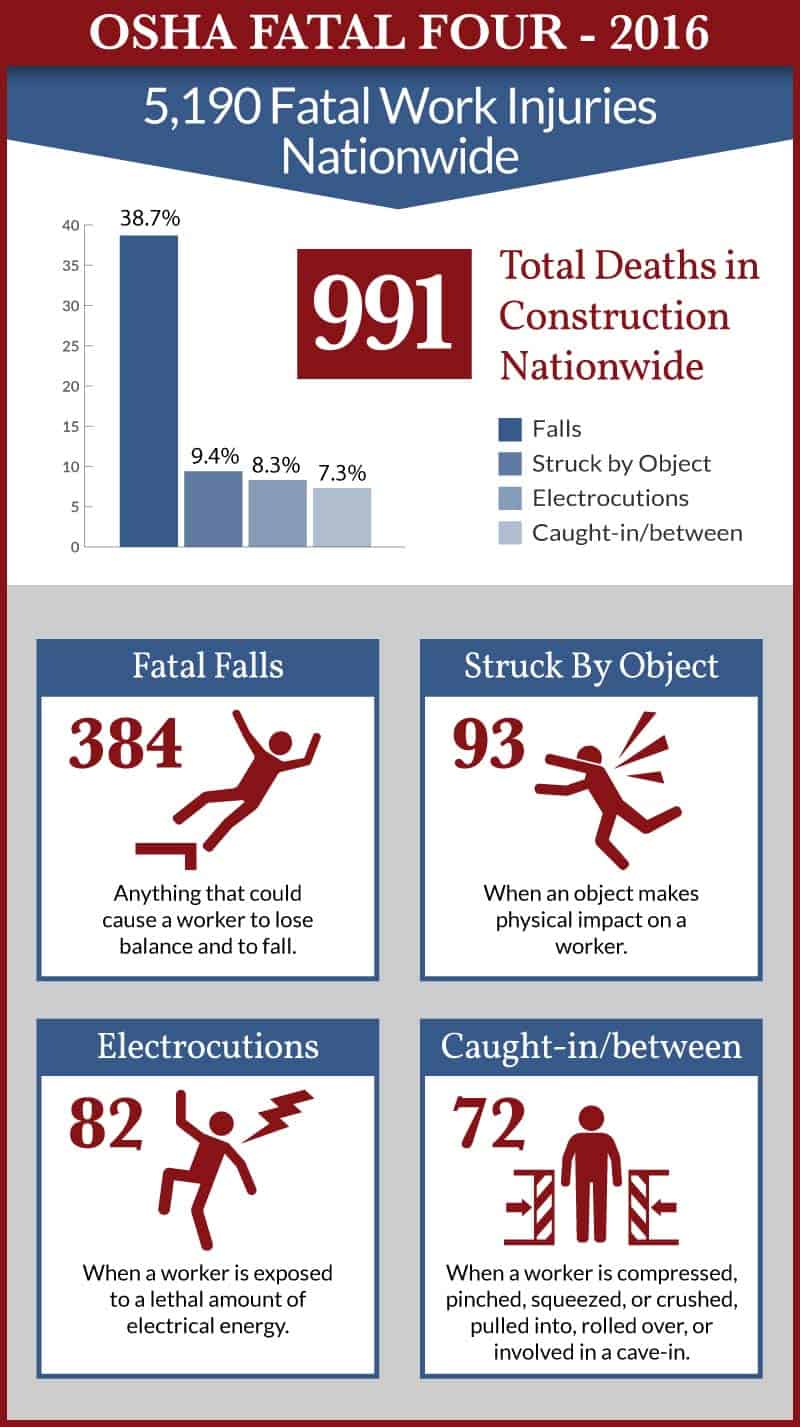How Should I Navigate Custody Arrangements for the New School Year?

This school year, parents, teachers, and administrators will prioritize safety amid the Coronavirus (COVID-19) pandemic. Divorced parents are facing even more challenges, as they must deal with child custody arrangements on top of everything else.
Which Parent Makes Decisions on Education?
Decisions on schooling will be made by the parent who has legal custody. Unless the divorced parents have a written agreement, court order, or parenting plan, they will both have equal co-parenting rights according to the law. In these cases, all decisions that affect their children’s education are made together. Legal custody arrangements can also have certain stipulations that apply when parents cannot agree. When one parent has physical custody, children will live with that parent and generally attend that particular school district. When there is joint custody, the children can split their time between both homes, and may attend either school district.
If one parent has sole legal custody, that parent is permitted to choose whether the children return to school in the fall. Joint custody agreements are more common and allows both parties to arrive at medical, educational, and other important decisions. Therefore, one parent may not act on their own and exclude the other from choosing to send the children to school or to keep them at home. If a sole decision about this is made, the other parent may want to go back to court for enforcement of the joint legal custody agreement.
How is COVID-19 Affecting the School Year?
School districts will have staggered days, shorter days, and remote learning. Some schools have hybrid plans, such as two days a week for in-person classes and two days for remote instruction. Other new rules include mandating teachers to wear masks all day, no lunches served, and moving desks so that they are six feet apart.
It is not surprising that divorced parents differ on their opinions about sending their children back to school in the fall. One might feel confident that it is safe while the other believes that the children would be put at risk. If co-parents have a parenting plan, this can help determine if children should go back to in-person learning. If parents cannot come to an agreement, it is advisable to speak to a lawyer about modifying an existing parenting plan.
When Should a Child Change Schools?
Although children of divorced parents usually go to the school in their custodial parent’s home district, they may have a choice if the other parent lives in another district. If the non-custodial parent’s district is allowing remote learning and both parents agree this is best, it may be possible for the children to change schools. However, uprooting a child from their school and friends may not be the right choice.
If a child has a compromised immune system, the parents may want to discuss this with the child’s doctor. In some cases, the health risks outweigh the benefits of going back to school for in-person instruction. Contacting the school’s administrator can also provide some answers for concerned parents.
Younger children that need childcare when their parents are working may still be able to attend day care. For some families, private schools and day cares could be another option as long as it is affordable. Since they are privately funded, these facilities may have more resources to pay for added safety measures. They may also have less students enrolled.
What Might Parents Disagree on?
When children are remote learning, they may still require supervision, childcare, help with homework, and meals. Some parents may not be willing to offer this help, and the children can fall behind in their schoolwork or get into trouble. The other parent may have to work with a divorce lawyer on temporary changes in custody agreements to address this problem. Even when divorced parents agree on sending the children back to school or keeping them at home for remote learning, there can still be other issues, including:
Transportation: If the school is on a new schedule, transportation can become an issue. If both parents are working and one is not willing to help with carpooling, the other parent’s work could suffer.
Money: With high unemployment and furlough rates, many parents are struggling and cannot afford to make certain payments. Some may even fabricate the details to avoid paying what they owe the other parent. Unless legal changes are made to the previous custody agreement, both parents must still make all of the payments detailed in the divorce order and parenting plan. An ex-spouse is not relieved of their childcare cost responsibilities, even if they lost their job.
How can Co-Parents Adapt to the New School Year?
Having an open, objective conversation about parental concerns during the pandemic can make decision-making processes much easier. It makes sense to first accept that the situation is new territory that is constantly changing and that it is important to be flexible. New schedules will need to be made, and a willingness to adapt will be helpful.
A new parenting calendar can be created to reflect the new school times and any extra-curricular activities. There are many co-parenting apps that can manage this; some include geo-trackers and expense information. These calendars can be shared with extended family members, such as grandparents, who may be willing to help out. As soon as they are old enough, the children should be encouraged to contribute to the calendar.
Maintaining open communication with the children and staying involved with the school is also essential for successful co-parenting. If remote learning is being used, parents should monitor their children’s assignments and progress. When in-person instruction is in place, parents still need to check homework. Parent-teacher conferences are a good way to stay on top of this.
Children may have a lot of downtime during this upcoming school year, so parents can also keep watch that the children are not playing video games all day or getting involved in unsafe activities. Co-parents can address this by setting aside time to speak with their children. Heading outside for a walk, bike-riding, or visiting a park are good ways to relieve stress and build stronger familial bonds. It is not easy to maintain stability during a pandemic, but children will benefit from all efforts made by their parents to do so.
Can I Take My Concerns to Court?
Since there is much uncertainty, parents may be unsure as to what the best course of action is for the upcoming school year. They may also be more frustrated and angry because of the pandemic, which makes dealing with children’s educational and health needs much harder.
Parents who are at odds with each other have a difficult time, especially since there are no specific guidelines about this school year. Going to court may be helpful, but it is important to know that most judges require divorced parents to adhere to government recommendations.
Bucks County Divorce Lawyers at Freedman & Lorry, P.C. Help Families Navigate Custody Issues During the Ongoing Pandemic
Child custody decisions can be complicated, and the COVID-19 pandemic has made the new school year difficult for everyone. If you and your ex-spouse are having disputes about the school year, speak to one of our Bucks County divorce lawyers at Freedman & Lorry, P.C. today. Contact us online or call us at 888-999-1962 for a free consultation. Located in Philadelphia, Cherry Hill, New Jersey, and Pinehurst, North Carolina, we serve clients throughout Pennsylvania.
